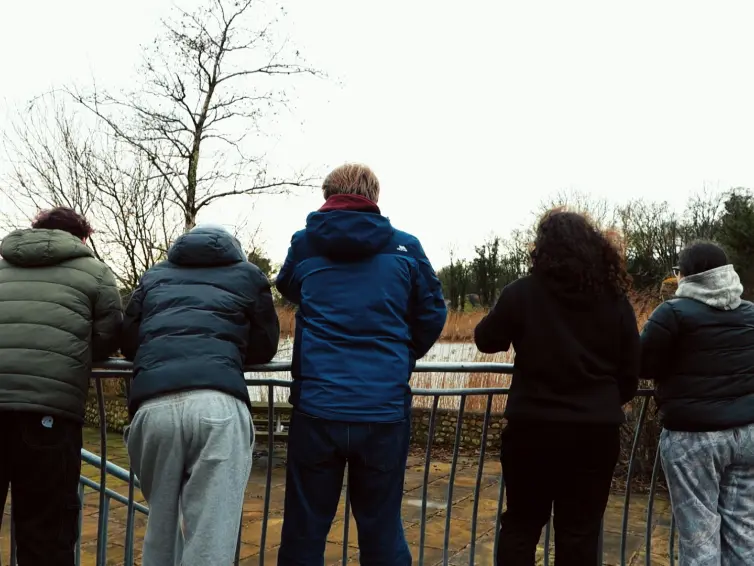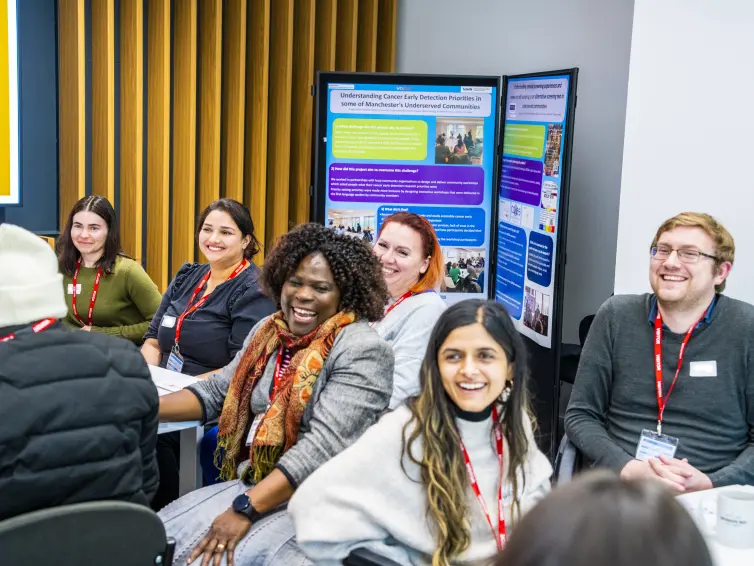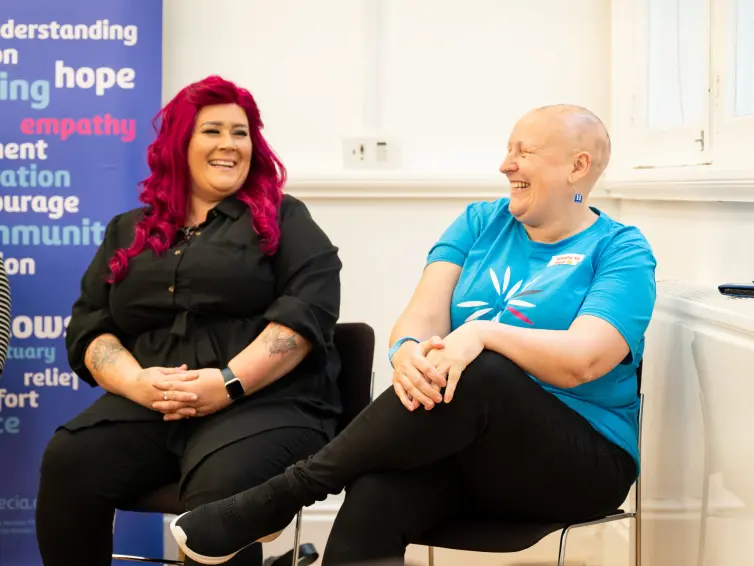We are all in this together. Or are we?
What people told us about the impact of COVID-19
It soon became clear that the COVID-19 pandemic was not affecting us all equally. A useful description that I’ve heard is that the pandemic is like a storm which we're travelling through, but on different sized boats in varying stages of repair.
People’s experiences have varied immensely depending on their ethnicity, where they live, their existing health conditions, their age, their previous experiences of healthcare, their occupation and many more factors.
In April, the government launched an enquiry into the differential impacts of the pandemic in terms of people’s protected characteristics such as ethnicity, disability and age. We consulted with people who work with us to develop evidence to submit to the enquiry.
We carried out an online survey covering a range of topics.
How have people been affected by the virus and the government’s response to it?
What about the government’s response needs to improve?
What did people think had been some of the unforeseen consequences of some of the actions (particularly related to the NHS) that the government had needed to take?
30 people responded, raising a number of issues.
Concern about different care experiences of those who were BAME, older or who had disabilities.
Concerns about cancellation of existing services which had a great impact on people, such as IVF treatment and cancer treatment.
People’s protected characteristics such as ethnicity, age, pre-existing health problems and disabilities were felt to have strongly influenced their lockdown experiences.
The importance of clear communications from the government and of 'talking to people like adults.'
We submitted the evidence to the enquiry in early May, but it’s useful to think about what the responses tell us
1. Experiences of care, lockdown and the knock-on effects of COVID-19 vary widely depending on factors such as age, gender, ethnicity, disability and income..
2. People were well aware of the impact of disparities on experience and outcome at the early stage of the pandemic, suggesting that engaging with the public earlier about the pandemic and its management could have been useful.
3. People really want communications about COVID-19 to be clear and respectful, but they didn’t always feel that they had been so.They want to know when the government is encountering problems or if something is complex. They want to know why something might take a bit longer and to be included more in the process.
The survey highlights the importance of engaging people effectively and early. It also emphasises the importance of listening to people’s insights and experiences at an early stage when developing health research. Vocal is part of the COVID-19 Research Rapid Response Group for Greater Manchester, and is involving people in shaping research into the condition as much as possible.
In some ways we are all in this together, but our different characteristics, experiences and insights really need to be taken into account when designing studies to ensure they are as inclusive and meaningful as possible.
This article was written by Suzanne Parsons who also initiated and led this work.


